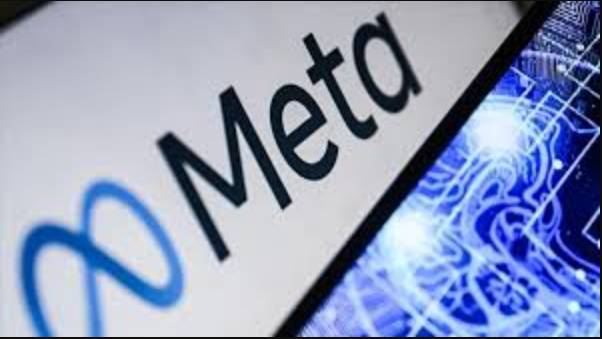Meta not ending fact-checks outside US yet, fails to appease Brazil

Stay tuned with 24 News HD Android App

Meta has told Brazil it will not end fact-checks outside the US just yet, but Brasilia expressed "serious concern" Tuesday that the company's new social media policies went against the country's laws.
Brazil had given Meta a 72-hour deadline to explain its policy for the country, after the shock announcement last week by company chief executive Mark Zuckerberg that he was ditching independent fact-checking in the United States.
The social media giant assured Brazil the policy would not extend to other countries until Meta had fully tested a new "Community Notes" system which will replace third-party fact-checkers.
This system allows ordinary users to leave notes on potentially misleading posts in a model similar to that popularized by X.
Brazil, which has a population of over 200 million people, is one of several countries deeply concerned over Meta's decision to weaken checks on disinformation.
"Meta would like to make it clear that it is, at this time, only ending its independent fact-checking program in the United States, where we will test and refine Community Notes before beginning any expansion to other countries," read the company's response.
The Attorney General's office (AGU), which issued the ultimatum to Meta under threat of legal measures, expressed "serious concern" over some aspects of the company's response.
Meta confirmed that looser restrictions on topics such as gender and sexual identity would apply in Brazil, to allow for "a broader debate and conversation on topics that are part of current discussions in society."
The AGU said this "has the potential to effectively allow serious human rights violations in the country."
"The changes now reported by Meta are not in line with Brazilian legislation and are not sufficient to protect the fundamental rights of citizens."
'Digital Wild West'
As a result, the Attorney General's office, justice ministry, human rights ministry, and presidential communication service would hold a public hearing on Thursday to discuss Meta's new policy.
In its response, Meta had said it was "committed to respecting human rights" and "will continue to remove content that incites or facilitates violence, as well as credible threats to public safety or personal security."
Brazil's new Communications Minister Sidonio Palmeira said as he took office Tuesday that Meta's new measures "violate fundamental rights and national sovereignty, promoting a digital Wild West."
"Defending the integrity of information is key to the survival of democracies today. The truth, however slow it may seem, is the only antidote to the speed of lies."
Zuckerberg defended his decision last week, saying that fact-checkers were "too politically biased," and added that the program had led to "too much censorship."
His decision was widely seen as an attempt to appease President-elect Donald Trump, whose conservative support base has long complained that fact-checking on tech platforms was a way to curtail free speech and censor right-wing content.
The International Fact-Checking Network has warned of devastating consequences if Meta broadens its policy shift beyond US borders to the company's programs covering more than 100 countries.
Brazil's Supreme Court has taken a strong stance on regulating social media platforms.
Last year, Judge Alexandre de Moraes blocked Elon Musk's X platform for 40 days for failing to comply with a series of court orders against online disinformation.
AFP currently works in 26 languages with Facebook's fact-checking program, including in the United States and the European Union.
